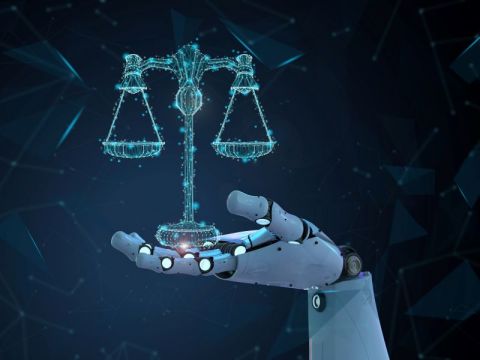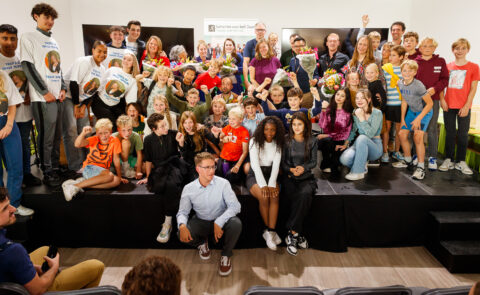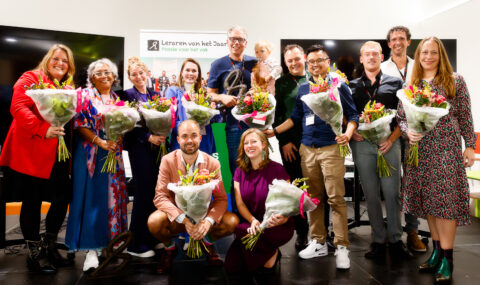The Open University and Leiden University will jointly offer a 'legal technologies' program for professionals. In doing so, they will provide advanced legal informatics education that the rapidly digitizing society demands. The joint program is a further development of the Leiden Legal Technologies Program offered by Leiden University's Centre for Professional Learning in The Hague.
What makes the Legal Technologies Program special, according to the two universities, is its multidisciplinary nature. Researchers and professionals with ICT, legal and social science backgrounds work together, exchange insights and ideas and share knowledge about the digital transition and legal technologies.
Within the legal domain, "legal technologies" offer employees opportunities to practice their profession more efficiently and appropriately. These include specialized chatbots that write draft litigation documents, text mining tools that analyze case law and legislation, risk analysis based on big data, and algorithms that make decisions or support decision-making processes.
At the same time, the growing digital possibilities require legal frameworks. Moreover, the use of legal technologies can have consequences for the democratic rule of law. IT experts and legal professionals will have to cooperate more and complement each other's expertise in order to develop legal technologies in the right way and use them responsibly in practice, according to the Open University and Leiden University.
In the legal technology education program, participants learn about the (im)possibilities of technology in their own field. In addition, they gain the strategic insights needed to build bridges between the worlds of legal and tech. They also explore what is needed to protect the fundamental values that are at stake with digitization and the introduction of legal technologies. The program runs for a year and consists basically of physical meetings in The Hague and is supplemented by online education and self-study.












